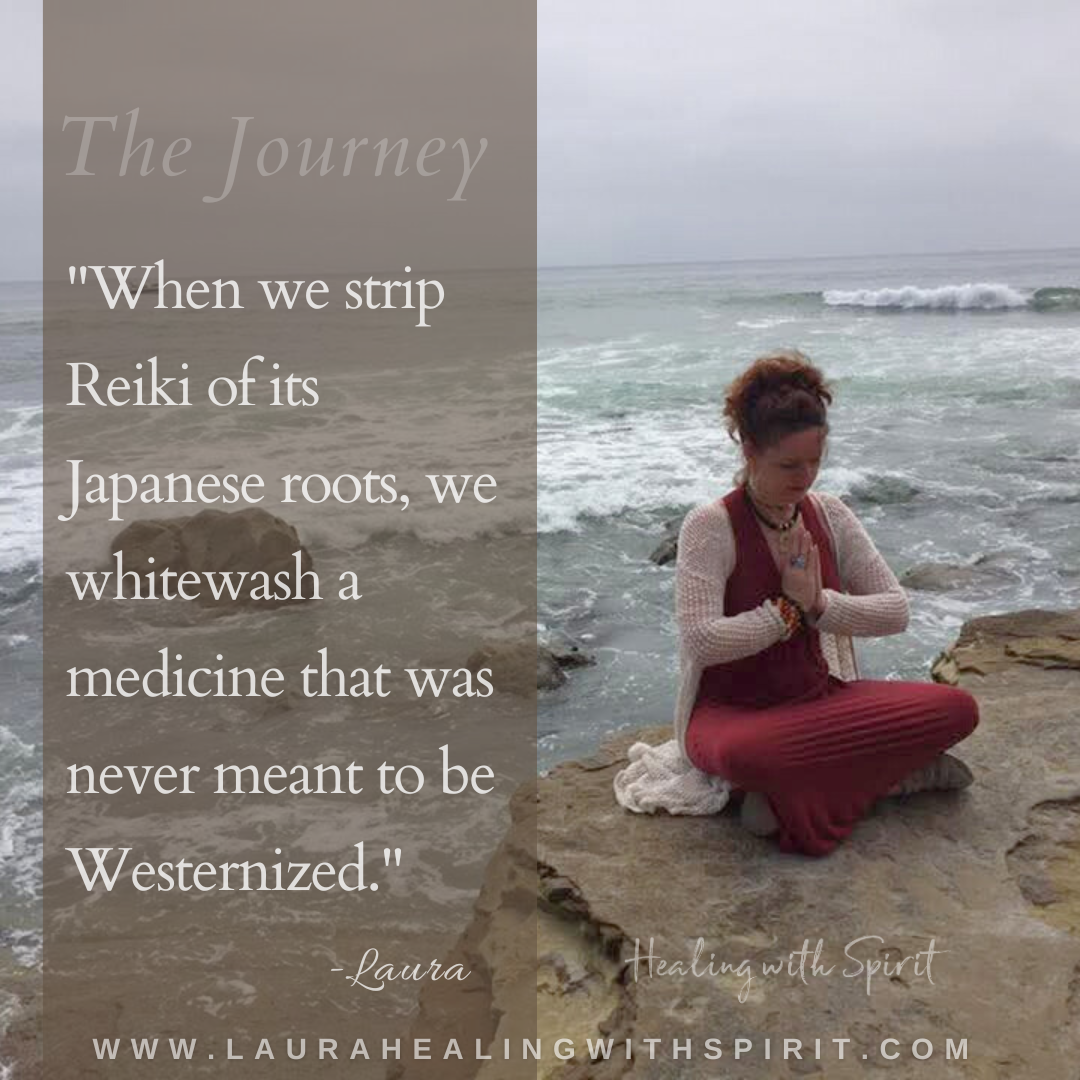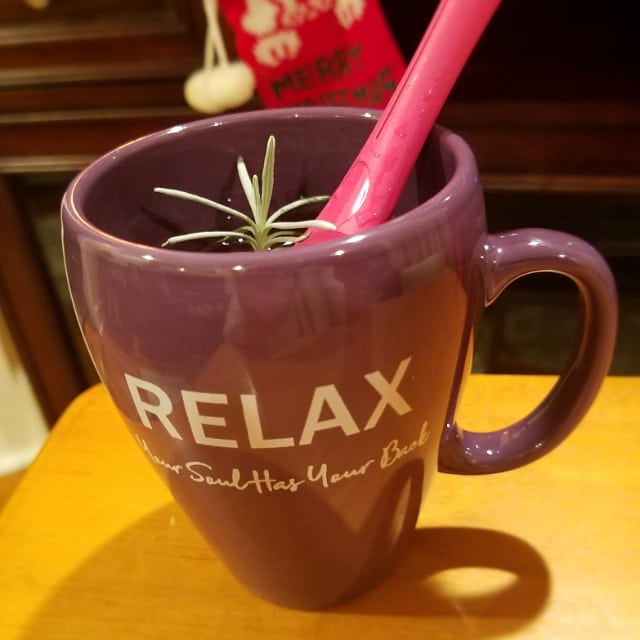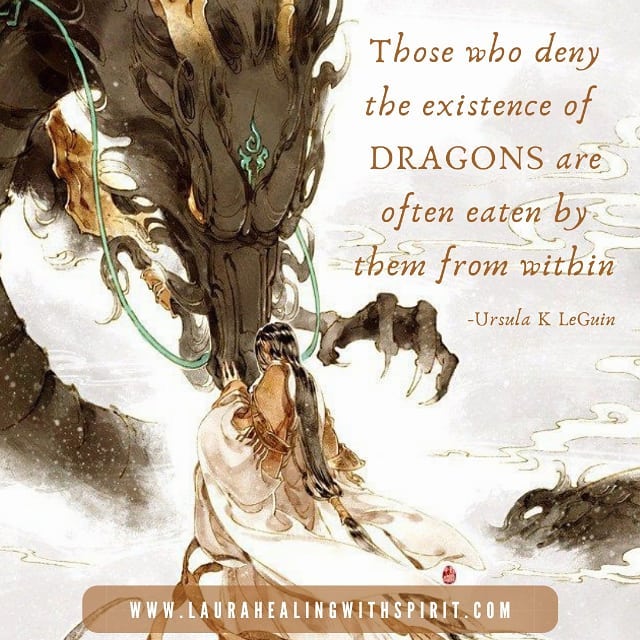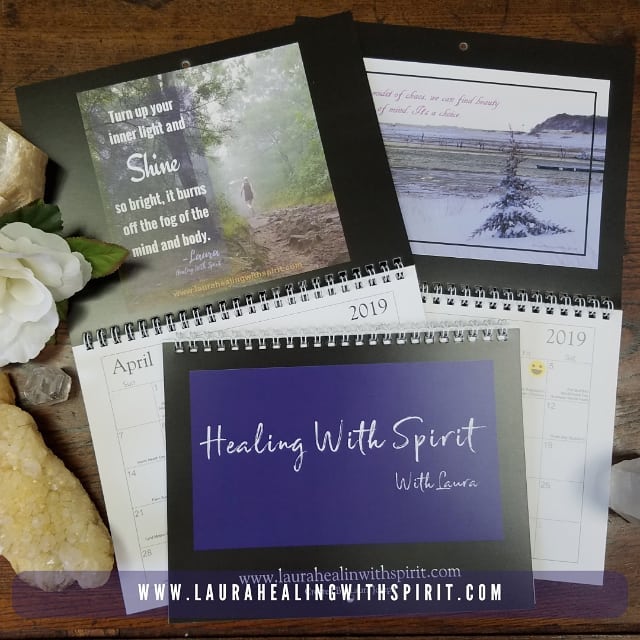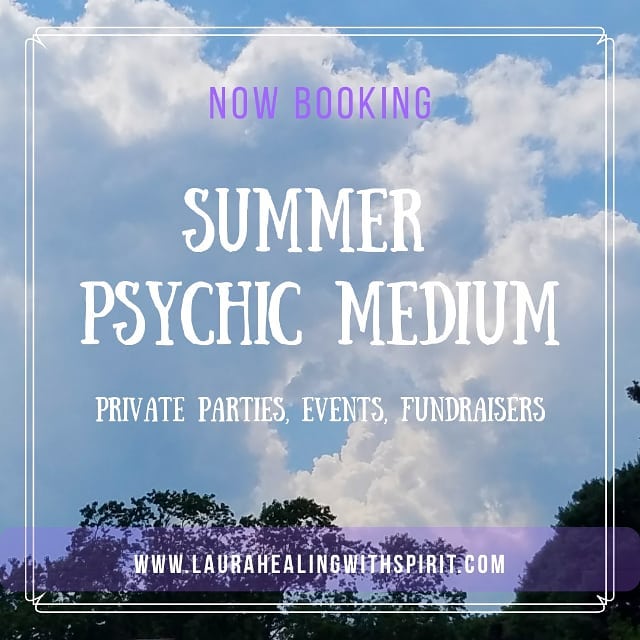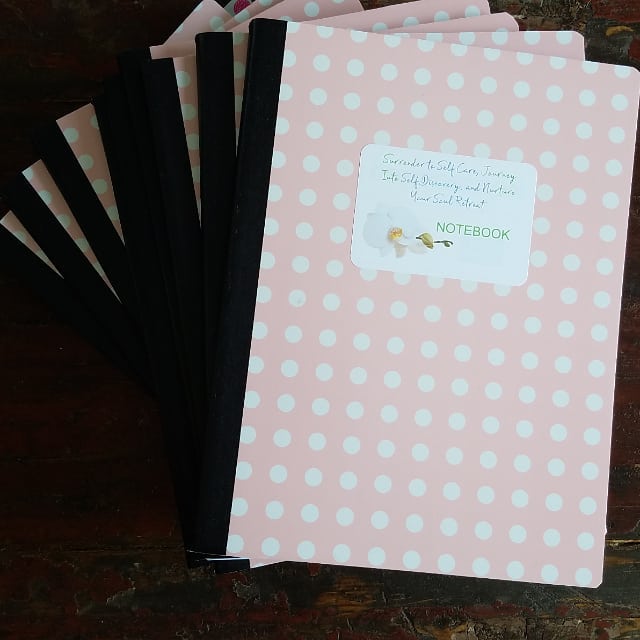I did it. Say whaaaatttttt?
After partaking in another Patreon as a member with strong social justice goals, and watching the benefits unfold, I finally created a Patreon account to give you a better virtual experience, expand our virtual reach, offer exclusive specials and offers while broadening my social justice goals that are so important to me.
I want to share with you more about myself with you. So, I would be honored & grateful if you could take a moment and read my WHY I launched on Patreon.
- My why
- What I have done in the past
- What is happening NOW
- What I can offer It take a community to make this happen.
Let’s join forces AND BREAK The CYCLE of the Perpetuation of Unresolved Unhealed Trauma TOGETHER.
To be honest ….
I am a bit Nervous.
Excited.
Anxious.
AND that is all ok.
I am putting the trust and faith in this journey and allowing it to unfold as it needs to.
Have you ever heard of Patreon before?
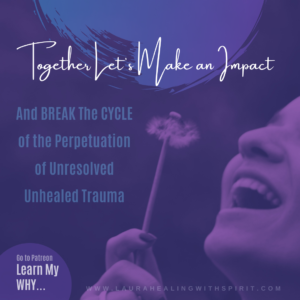 Here is the dish … It is a wonderful subscription service for content creators and in my case content creators with a social justice or social impact mission in mind.
Here is the dish … It is a wonderful subscription service for content creators and in my case content creators with a social justice or social impact mission in mind.
What is unique about this platform, it lets people financially support and reward content creators — such as podcasters, writers, and YouTubers — through a monthly subscription.
Creators can set up multiple membership tiers with various rewards so each subscriber can choose the amount of money they feel most comfortable giving to a project and in my case – healing the perpetuation of unhealed unresolved trauma that is plaguing our society.
- commenting on the original post
- sharing with loved ones or those in your community who identify with my mission.
- joining to support my social justice impact goals
- or joining for the great benefits such as FREE 1:1, FREE events, and up to 40% off classes offered.
Would LOVE your thoughts AND …
I am new to learning how all this works and working on building a team to make my dreams and missions come to light so I can show up more effectively and more impactful for YOU.
Me doing THIS work is and always has been about BE-ing of greater service to the community & our Mother Earth.
Like everyone else, I am learning HOW to show up BETTER to meet that soul journey mission.
If you decide to become a patron on Patreon, you become active participants in the work I am doing while supporting a cause we all love and NEED especially during these challenging times where the trauma epidemic is running wild like an uncontrolled unchecked avalanche or a volcano that is about to explode.
Let’s DO THIS … TOGETHER … Shall we?

Click here to learn more about this initiative.
I have so much love and appreciation in my heart for all your support in my journey.
Thank you.
Laura
To learn more about me, visit “About” tab.
To learn more about my work healing trauma, click here.

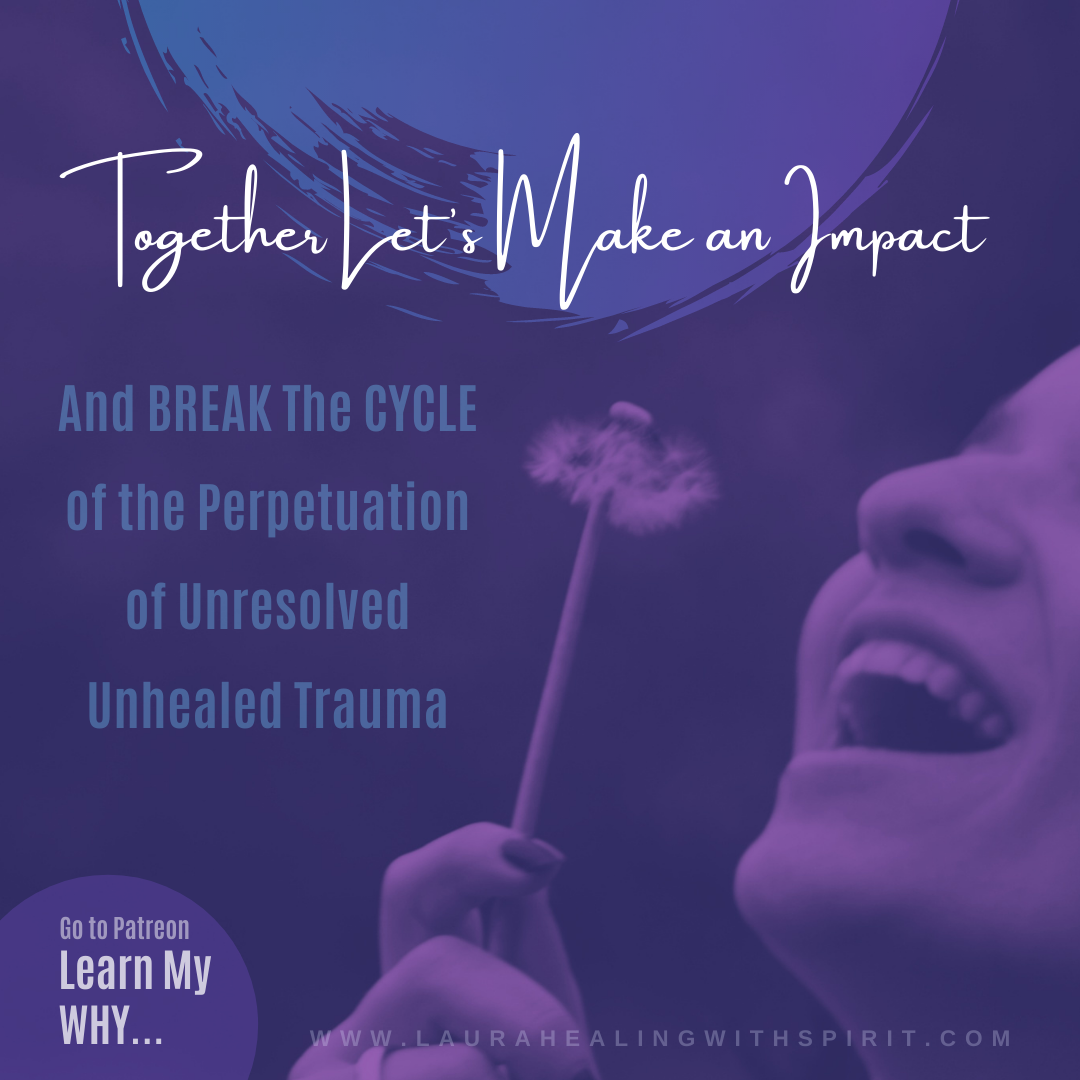
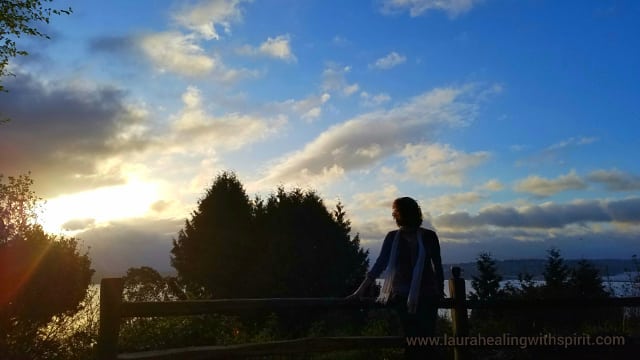

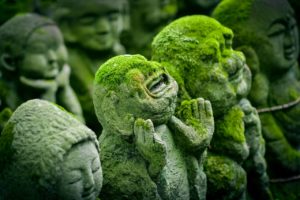
 Join in the conversation
Join in the conversation 

